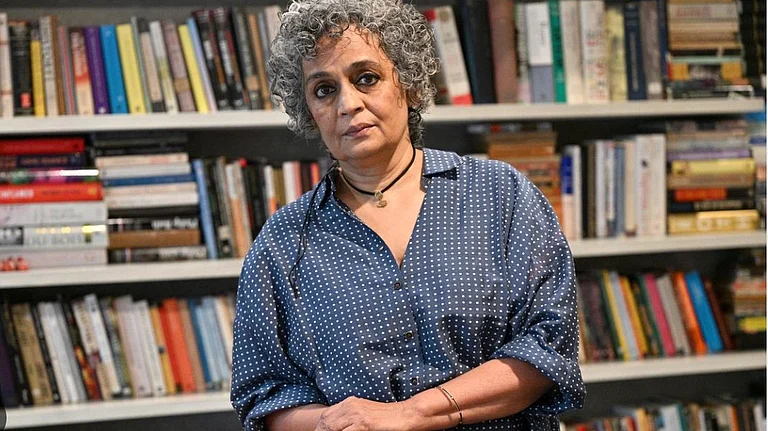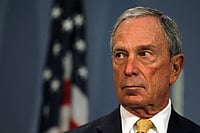Ever since the GDP data for April-June 2020 was made public, there has been much speculation around the letter of the English alphabet that could match the shape of the likely economic recovery in India.
Be that as it may, it could probably work out best for the country if analysis of the form that the possible revival may take is left to be undertaken by professional economists and think tanks, with the rest of us, particularly corporate groups, focusing on the key task of getting the economy to start moving again.
Rather than complaining about “lack of demand”, many large companies/conglomerates, for instance, could draw lessons from experiences of their own and that of peers since March this year to do a better job of mapping where Indian customers would be ready to spend money on during these difficult times and in determining the possible extent of this spending.
And, thereafter, to create demand, put on their thinking hats to come up with innovative products/services in present areas of operations, possibly start new product/ service lines, and even consider making existing offerings available at price points that could appeal to prospective customers/clients.
Given the strong likelihood of the novel coronavirus not going away from our lives in a hurry, companies could also attempt to get the message across more strongly that they are dead serious about sanitization and are following all Covid-related safety protocols in both letter and spirit as doing so may revive demand. Such an initiative could particularly aid those engaged in service-related businesses, and, within that, especially ones that are heavily dependent on customer/client footfalls.
Offline retail outlets, whether located inside malls or as standalone facilities on high streets, for example, could benefit immensely by inspiring confidence among customers that visiting physical stores would not increase health risks at a time when there continues to be uncertainty around when a vaccine for Covid-19 would be available. Similarly, commercial real estate companies which derive a significant portion of their revenues from the shared workspaces segment could gain by reviving faith among their clientele – including start-ups – that operating from these facilities constitutes a safe activity.
Staying on with businesses, a greater introspection by companies having strong balance sheets on whether delaying payments to vendors/suppliers to “conserve cash” does their own cause any good could, moreover, play a part in getting the economy back on track. As, significantly, this soul-searching may pave the way for enterprises to take the necessary steps for erasing any possible trust deficit that may have cropped up between them and their vendors since the Covid-19 outbreak. These measures, in turn, could result in companies being able to perform better in the days ahead and the overall economic output of the country getting a boost.
On their part, civil society leaders can also play a proactive role in reinvigorating the economy. By convincing ordinary people that they owe it to themselves to not let their lives be forever dictated by a virus, and, more importantly, through helping the economically and socially marginalised adapt to the new normal, post-Covid world. Given their reach, civil society groups could act as a powerful deliverer of hope during this turbulent period when staying strong and resilient is of utmost importance.
At an individual level, too, we can contribute to the process of economic revival by simply being good citizens. By not adding to the health burden of the country through deliberate disregard of prescribed health protocols, paying our due taxes, etc., so that the country may prosper.
At the end of the day, no great change can ever be possible without all relevant stakeholders bringing on their A game for this purpose. Given the magnitude of the job we have at hand of reviving an economy that contracted over 20% in the first quarter of the current financial year, engaging in a seeming forecasting contest over letters of the English that could correspond to the form that the revival may take would not, by itself, be of much use.
[The author is Advisor at the Gurgaon-based advisory on communications and stakeholder advocacy R M Consulting https://rmconsulting.in . Views expressed are personal.]


























